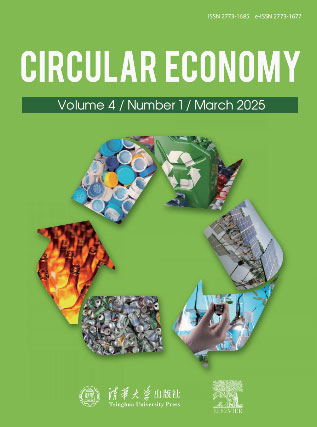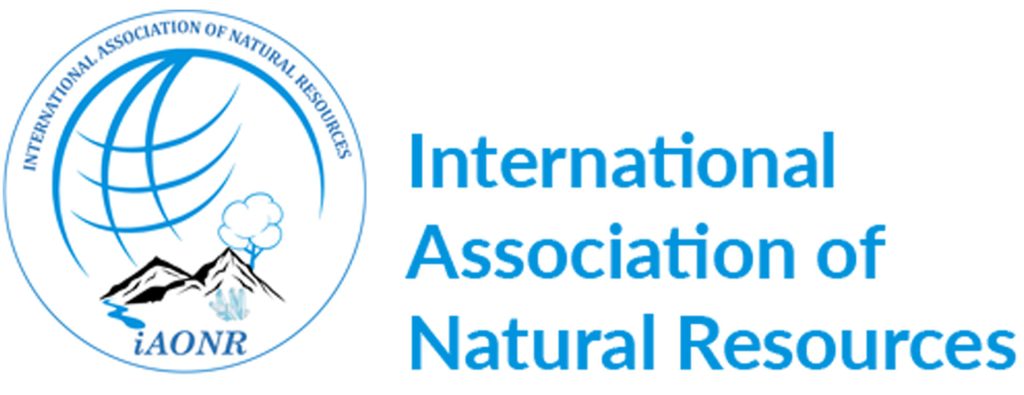
Circular Economy was founded in 2022. It is an international fully open-access journal co-published by Tsinghua University Press and Elsevier and hosted by Tsinghua University.
Circular Economy serves as a sharing and communication platform for novel contributions and outcomes on innovative techniques, systematic analysis, and policy tools of global, regional, national, local, and industrial park’s waste management system to improve the reduce, reuse, recycle, and disposal of waste in a sustainable way.
Circular Economy has been indexed by Ei Compendex, Scopus (CiteScore Tracker 2024 10.0), Inspec, CAS, and DOAJ.
Circular Economy aims at providing comprehensive and systematic solutions to sustainable management of waste with consideration of economy, society, and environment to achieve a model of green, low-carbon and circular development, by means of cleaner production, industrial structure optimization, policy tools and regulations adjustment, social governance by green consumption, efficient management, and preservation of renewable and natural resources, etc.
The detailed scope includes but is not limited to:
- Reduce – prevent waste generation and pollution from the source, and reduce waste for final disposal, including products eco-design; information analysis, policy tools and techniques of green life, green purchase, green application towards reducing the consumption of energy, water and other reosuces, and minimizing of waste generaton; improvement of resource efficiency by sustainable exploitation, efficient management and preservation; green consumption based on sharing services and products.
- Reuse – adopt sustainable strategies to prolong the life span of products, including sustainable consumption; designs and techniques towards reuse, repair, refurbishment, cascade use, and remanufacturing.
- Recycle – turn waste to secondary resources, including waste collection, classification, and conversion; mechanical and physical recycling of materials; heat recovery; comprehensive utilization techniques; design of extended producer responsibility system.
- Disposal – develop techniques, designs, operations, and management of waste treatment and disposal engineering in response to circular economy and sustainable development, including pretreatment, disinfection, incineration and other heat treatment, landfill, solidification, stabilization, and co-disposal; contaminated site remediation; underground filling of waste; material flow analysis, risk assessment.
- Synergy – create comprehensive, systematic, and innovative solutions, ideas, and techniques to promote sustainable management of waste, including carbon reduction and carbon neutrality; zero-waste cities construction; technology integration and demonstration, such as inter-industrial or inter-enterprises collaborative technologies, cloud and information technologies; life-cycle management of materials; green supply chain.

Article type: Research papers, reviews, and perspective.
International Standard Serial Number:ISSN 2773-1677
Contact Address: B608C, Xue Yan Building, Beijing, China
Postcode:100084
Email:cejournal@tup.tsinghua.edu.cn
Website: https://www.sciencedirect.com/journal/circular-economy
